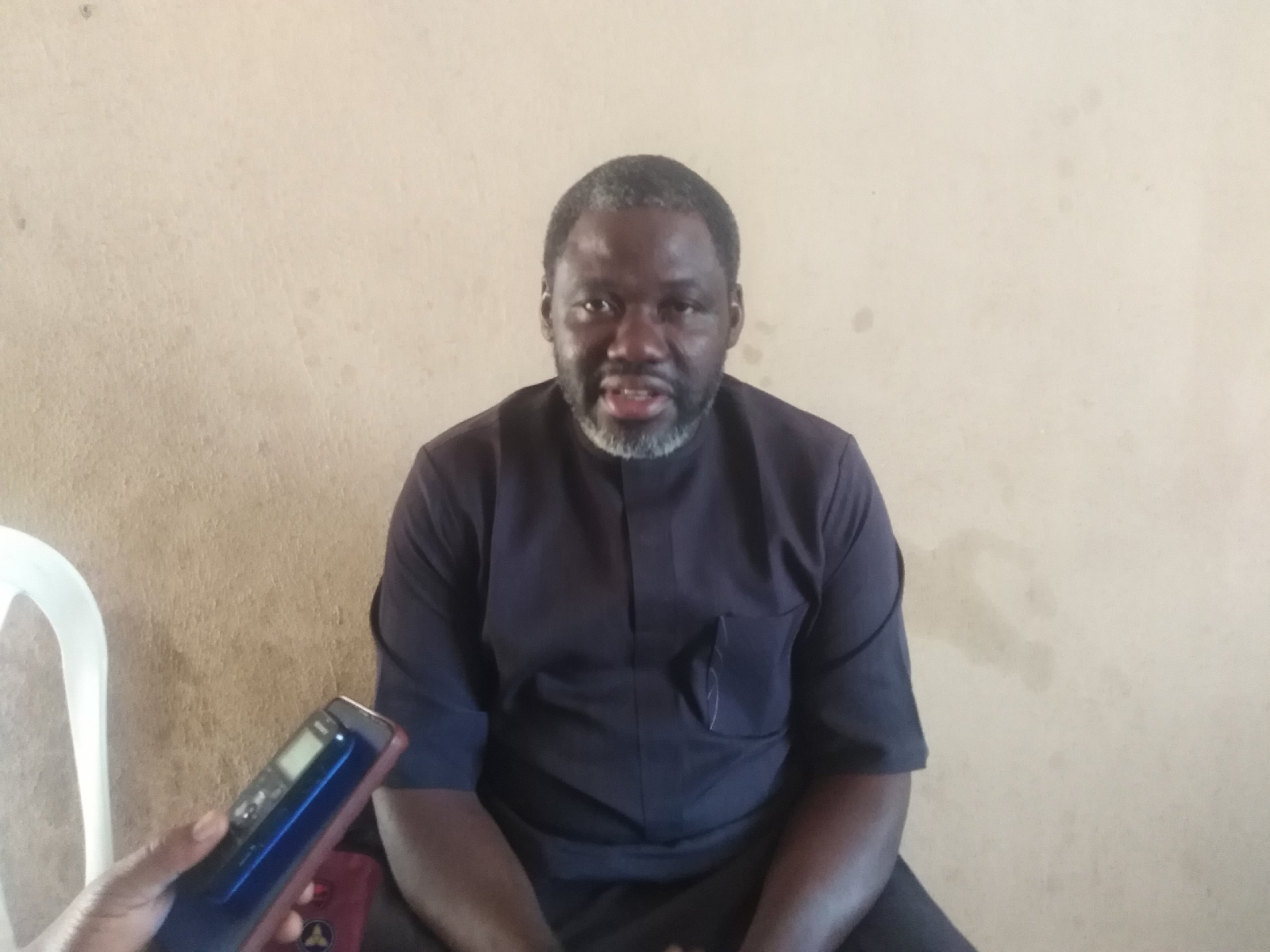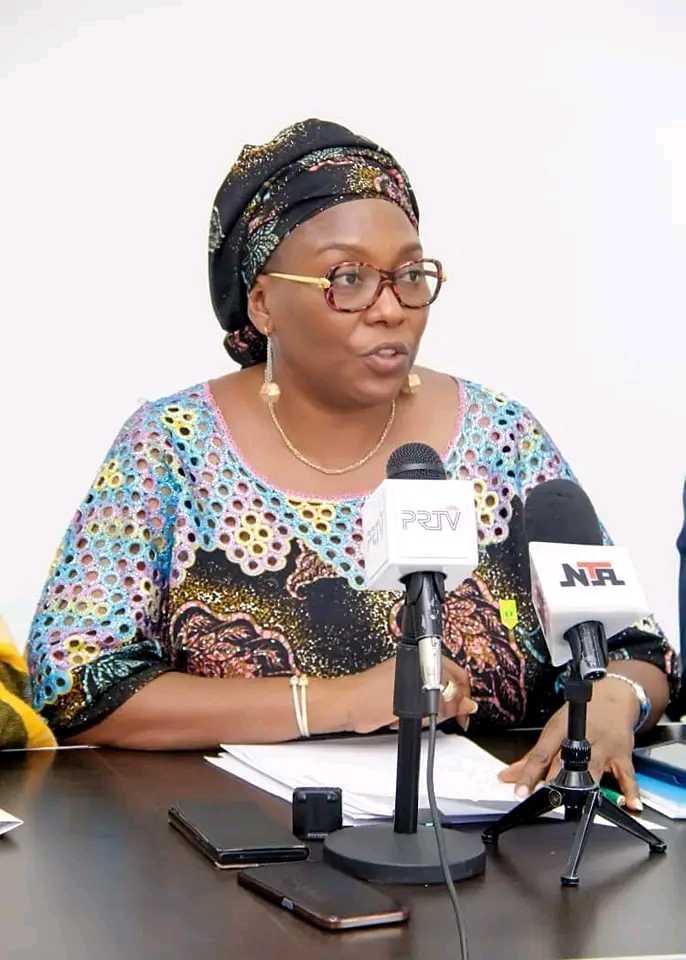FG to Remove Fuel Subsidy in June 2023, one Month After Buhari’s Exit
The Federal Government has said it will end the payment of subsidy on Premium Motor Spirit (PMS) by June 2023.
The Minister of Finance, Budget and National Planning, Zainab Ahmed disclosed this on Thursday, August 18, 2022, while asking the the House of Representatives’ Ad Hoc Committee to Investigate the Petroleum Products Subsidy Regime from 2013 to 2022.
President Muhammadu Buhari who has been in office since 2015 will be finishing his tenure by May 29, 2023.
The new date means that the petrol subsidy will end one month after Buhari’s exit.
Addressing the House of Representatives’ ad hoc committee, the finance minister said the government had planned to make subsidy payments for only half of next year, as contained in the 2023-2025 Medium Term Expenditure Framework and Fiscal Strategy Paper (MTEF/FSP).
Ahmed further disclosed that President Muhammadu Buhari transmitted the MTEF/FSP to the leadership of both chambers of the National Assembly for consideration after it was approved by the National Economic Council (NEC) and the Federal Executive Council (FEC), respectively.
According to the minister, the Federal Government proposed a new date to end subsidy payments because the subsidy regime was not sustainable and might force the government to borrow more in 2023.
She said, “One thing that stands out in the Medium Term Expenditure Framework was that if the nation holds on to fuel subsidy as it is designed now, we will be incurring from January to December, a subsidy cost of N6.4 trillion.
“But we suggested to the Federal Executive Council, and the council approved that, maybe, we could look at the option of exiting the subsidy (regime) half year. So, if we did that, then the cost would be N3.35 trillion, which is half of the N6.7 trillion.
“The Federal Executive Council approved the second option. That is the option that was conveyed by His Excellency, the President, to the National Assembly. But Let me also say that even though this is a reduced option, it would mean that we are borrowing more than we would have borrowed if we did not have fuel subsidies. In 2022 we are carrying the cost of subsidy throughout the whole year.”
The finance minister noted that the Buhari administration had earlier planned to end the subsidy regime in June this year but shelved the plan because of the economic difficulties and hardship being faced by Nigerians due to high inflation and other challenges.
“Recall that the initial MTEF and approval by the parliament was for us to exit the subsidy by June of this year. But during the course of the year, making an assessment of the difficult fiscal challenges in the economy and the hardship that our citizens are bearing , we were asked to re-submit our plans and review them to include provision for fuel subsidy throughout the year 2022. That was how we came back to parliament with an incremental expense from N443 billion which we had planned to up to N4 trillion subsidy expense in 2022,” Ahmed said.
She noted that the funds spent on subsidy could have been used to provide infrastructure and basic amenities for Nigerians.
“The N3.35 trillion in the approved MTEF that is now before the National Assembly for consideration could have been funds that would apply to other vital sectors of the economy such as health, education and social protection. So, we are carrying a burden and we must sit back as citizens and assess whether it is beneficial for us to continue doing so.”




Comments
Post a Comment